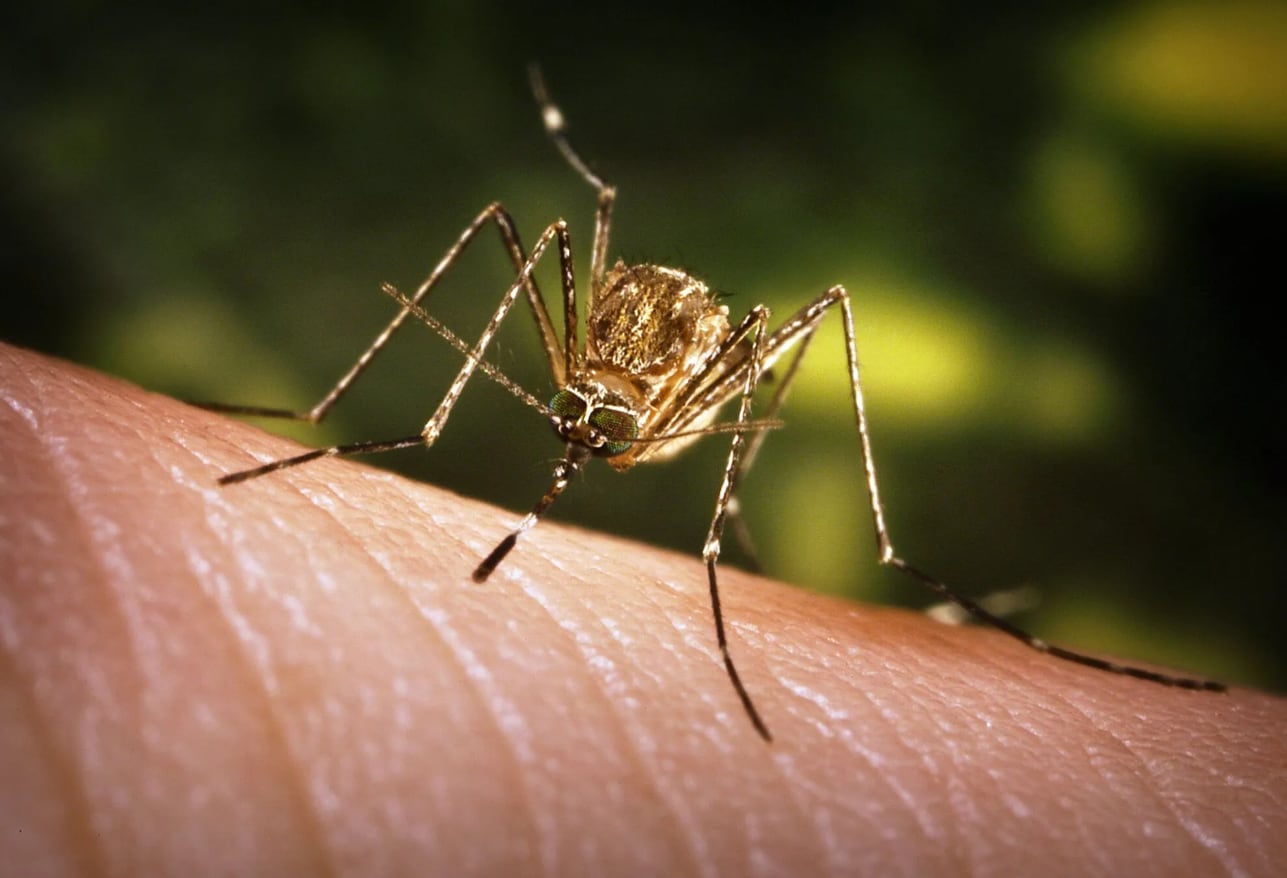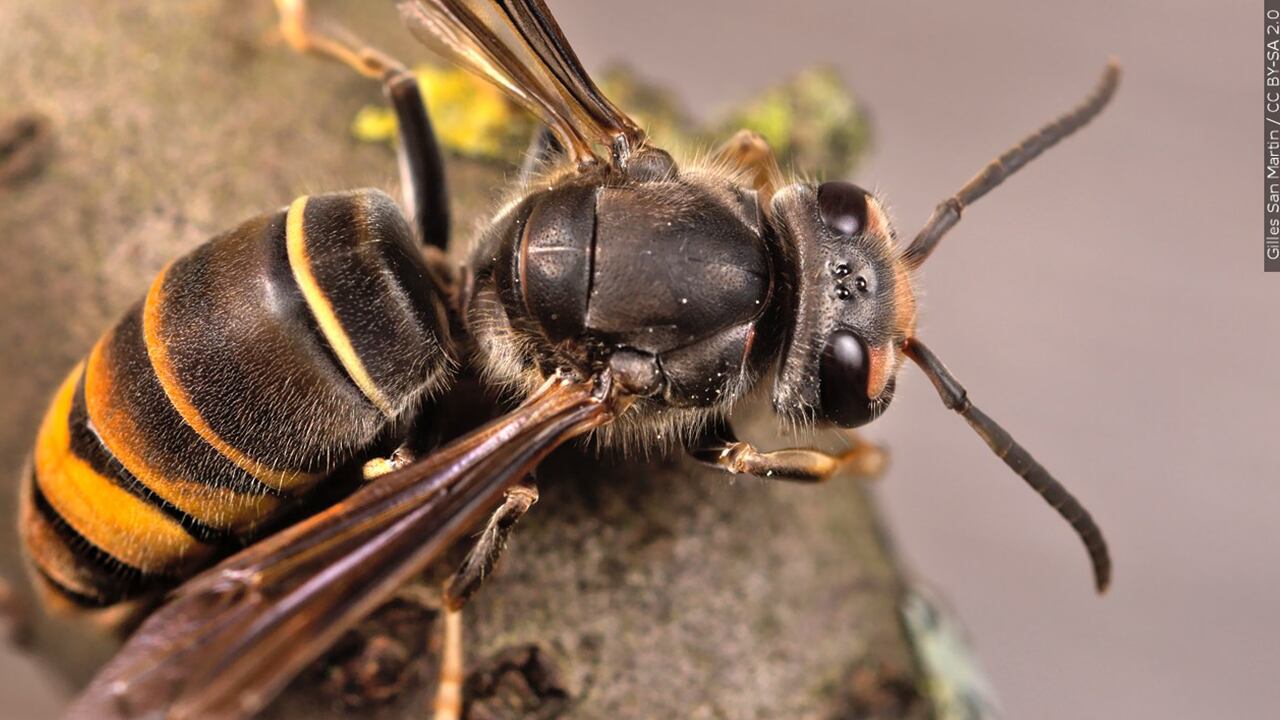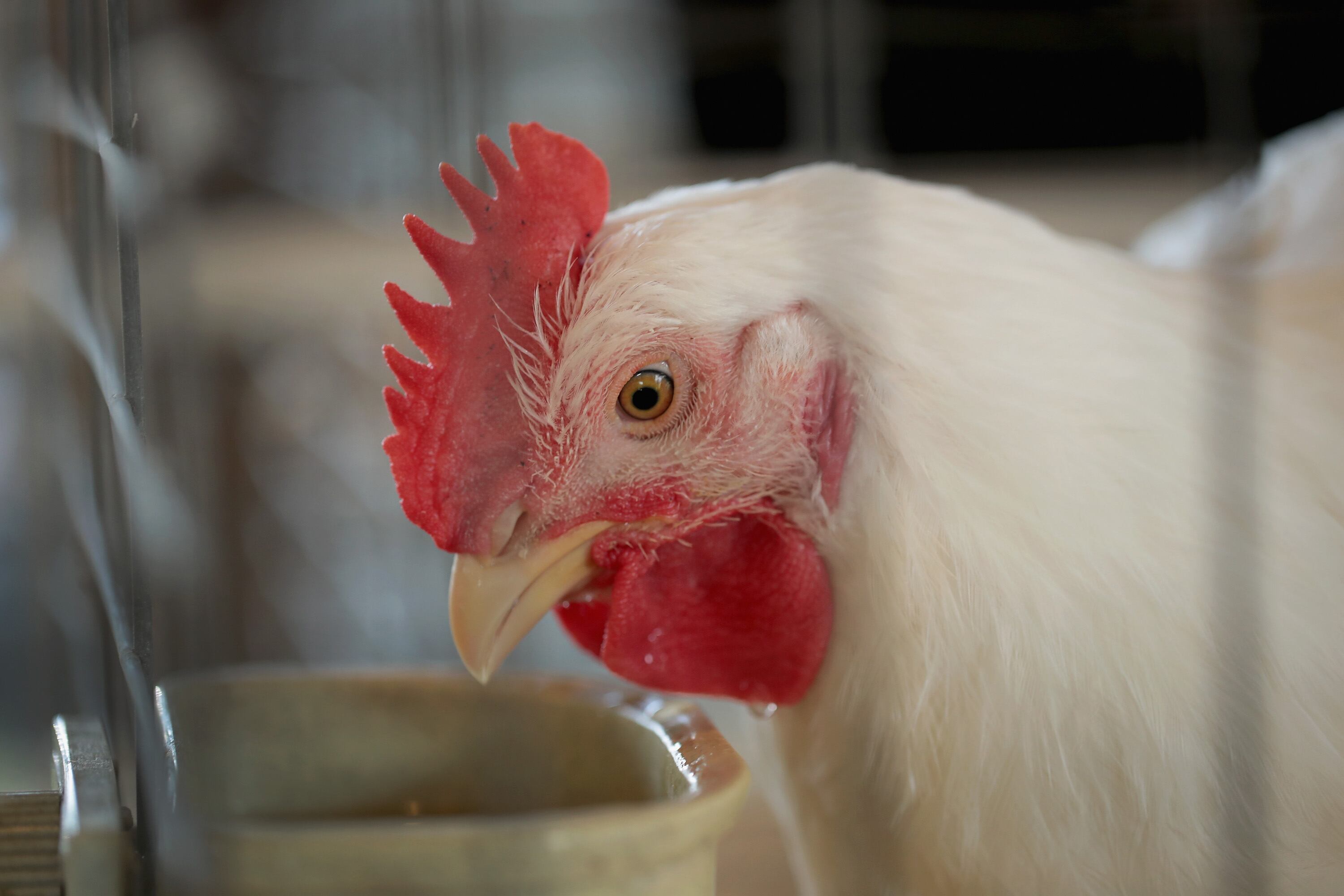Armyworm invasion: What homeowners need to know in the CSRA
AUGUSTA, Ga. - Fall armyworms have started to make an appearance across Georgia and South Carolina – and they can destroy your yard.
The armyworm is about an inch in length, gray with white markings, and is usually first seen in late summer.
Despite its name, it’s not actually a worm but a moth caterpillar known for causing damage on lawns ranging from turfgrass to home landscapes.
The initial damage may look like it was caused by a drought.
But as armyworms grow and begin to move in large numbers, the damage may appear as if the ground was scorched, leaving only grass stems behind.
In Debby’s wake, mosquitoes menace the 2-state region
We’ve reported about the potential for Tropical Storm Debby’s floodwaters to stir up snakes and other critters. Here’s something else to worry about: mosquitoes.

“They feed on that grass blade, and as they work their way through, they can feed day and night and just kind of go through your yard onto the next, so it’s certainly something that can be devastating,” said Josh Hyatt of Hyatt Landscaping.
He said there’s an especially big crop of armyworms this fall.
What should you be on the lookout for?
Hyatt says as they kill the grass, they leave distinct brown spots that can spread rapidly. He said those are a sign to move fast.
“A lot of times, folks will just look at it and say, ‘Well, you know, it’s too late. Let’s just wait till fall. We’ll overseed.’ That can be one of the worst decisions you can make,” Hyatt said.
More yellow-legged hornets found in Georgia, South Carolina
More nests of the invasive and bee-killing yellow-legged hornet have been found in recent days in Georgia and South Carolina.

That’s because of how fast they reproduce.
“These things can actually go through an entire life cycle, go back in the ground, come back up as moths, lay more eggs, and then come back again,” Hyatt said.
During its moth stage, the armyworm may lay as much as 1,000 eggs in a night in locations near food sources such as fenceposts and house sidings. The caterpillars immediately begin eating once born.
Indicators of an armyworm infestation include caterpillars moving in large numbers in the early morning and late evening and birds and wasps feeding in your lawn.
Hundreds of dead chickens found in river near Aiken County line
A South Carolina riverkeeper came across a strange sight Tuesday afternoon: hundreds of dead chickens floating in the water.

If you believe armyworms are in your yard, follow these steps:
- Mix 1-2 tablespoons of dish detergent in 1-2 gallons of water and then mix until suds appear.
- Slowly pour the soapy mixture over a 1 square yard section of healthy turfgrass directly next to damaged areas.
- Armyworms should appear within 10 minutes of pouring the mixture.
Copyright 2024 WRDW/WAGT. All rights reserved.














